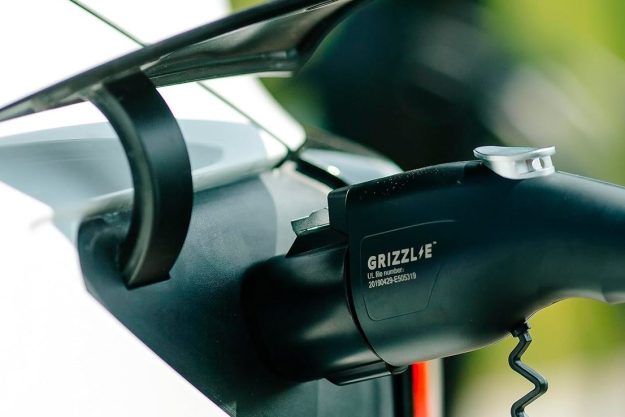Tesla’s direct-to-consumer sales structure is both innovative and intensely debated within the automotive industry. Several states have welcomed the new sales model and amended laws that favored complex franchise dealership networks, but others have fought Tesla at every turn.
Michigan is among the states that would prefer Tesla puts its sales model where the sun don’t shine, but now the Federal Trade Commission has delivered a blow to state bans on the direct-to-consumer concept.
GM backed an anti-Tesla law that was passed in 2014, but the FTC declared Tesla’s model is a benefit to consumers. By adding competitive pressure to the franchise dealership structure, Tesla’s model encourages a “survival of the fittest” mentality that has been absent.
The FTC isn’t known for passionate rants, but in its blog post, the governmental agency was brazen about the importance of allowing direct-to-consumer sales structures. “A fundamental principle of competition is that consumers—not regulation—should determine what they buy and how they buy it. Consumers may benefit from the ability to buy cars directly from manufacturers—whether they are shopping for luxury cars or economy vehicles. The same competition principles should apply in either case.”
This doesn’t just apply to Tesla; in other states, automakers have attempted to sell vehicles via their own branded dealers, but have been shot down by state regulations for bypassing the independent dealer franchise model. As you might expect, lobbyists for dealer franchises have been omnipresent each time a direct-to-consumer concept is vetted in state legislation.

In addition to Tesla’s desire for its own sales model, Elio Motors and its 84-mpg three-wheeler have been fighting to sell without franchise dealer networks in Michigan. The FTC mentions Elio in its post as well, claiming its opposition to protectionism by dealer networks isn’t just for Tesla or Elio’s benefit, but for any brand who wishes to enter the market with a regulated product.
In summary, the FTC stated, “Absent some legitimate public purpose, consumers would be better served if the choice of distribution method were left to motor vehicle manufacturers and the consumers to whom they sell their products.”
I’m sold, but it’s going to take a lot more than a few blog posts to overturn such a deeply entrenched and well-funded franchise dealer system.
Editors' Recommendations
- California county says Tesla’s plant isn’t cleared to reopen
- Report says Apple doesn’t secure iCloud backups because the FBI asked it not to
- The Navy says Tom DeLonge’s UFO videos are real. That doesn’t mean it’s aliens
- Don’t trust Tesla’s new autonomous lane-changing feature, Consumer Reports warns
- Volkswagen is launching a full range of EVs, but it doesn’t want to be Tesla


